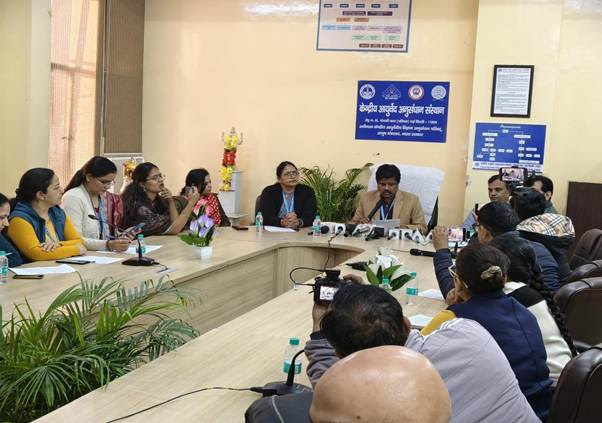Now Reading: Two Educated Brothers in Himachal Marry the Same Woman, Revive Rare Sirmaur Tradition
-
01
Two Educated Brothers in Himachal Marry the Same Woman, Revive Rare Sirmaur Tradition
Two Educated Brothers in Himachal Marry the Same Woman, Revive Rare Sirmaur Tradition

In a small village in Himachal Pradesh’s Sirmaur district, two well-educated brothers have married the same woman in a consensual decision that has sparked public curiosity—and stirred conversation about tradition, choice, and changing norms in rural India. While unusual in today’s context, the move is rooted in a centuries-old custom once followed widely in the region.
A Rare Revival of ‘Fraternal Polyandry’
The brothers, both financially stable and college-educated, chose to follow an age-old local tradition where brothers shared one wife. Historically, this practice was meant to prevent division of ancestral land and resources in the hilly terrains of Himachal, where agricultural land is scarce and inheritance disputes could destabilise family structure.
This tradition, known locally as fraternal polyandry, has largely faded over the years but still exists quietly in a few pockets of the state.
The Family’s Choice, Not Social Pressure
What makes this case stand out is that the marriage wasn’t forced by poverty or lack of awareness. According to locals, all three individuals involved—both brothers and the woman—agreed to the arrangement with full understanding.
They reportedly wished to honour their cultural roots while also avoiding property disputes. In a time when nuclear families and legal battles over land are increasingly common, the couple’s choice is being viewed by some as a practical, if unconventional, solution.
Mixed Reactions from Locals and Beyond
While the local panchayat hasn’t objected, reactions across Himachal have been mixed. Some older residents view the move as a return to sensible traditions, while others, especially the younger generation, see it as outdated and unnecessary in today’s world.
Social media users from Tier 2 cities like Shimla, Solan, and even outside the state are weighing in—some with curiosity, others with criticism.
What the Law Says
Legally, such marriages exist in a grey zone. India’s laws do not explicitly permit polyandry, but they don’t always act against it either if no legal complaint is filed. In rural areas where such customs are informally accepted, authorities rarely intervene unless there’s coercion or exploitation involved.
In this case, since all parties appear to have given consent, no legal objection has been raised.
Why It Matters in Today’s Context
In places like Himachal, where traditional life coexists with modern education and migration, stories like these offer a complex view of how people adapt to change while holding on to roots. Whether seen as cultural preservation or a personal workaround, the decision challenges conventional ideas of marriage and family.
For many in India’s smaller towns and villages, it opens up a conversation not just about tradition, but about consent, practicality, and the many shapes a family can take today.

























